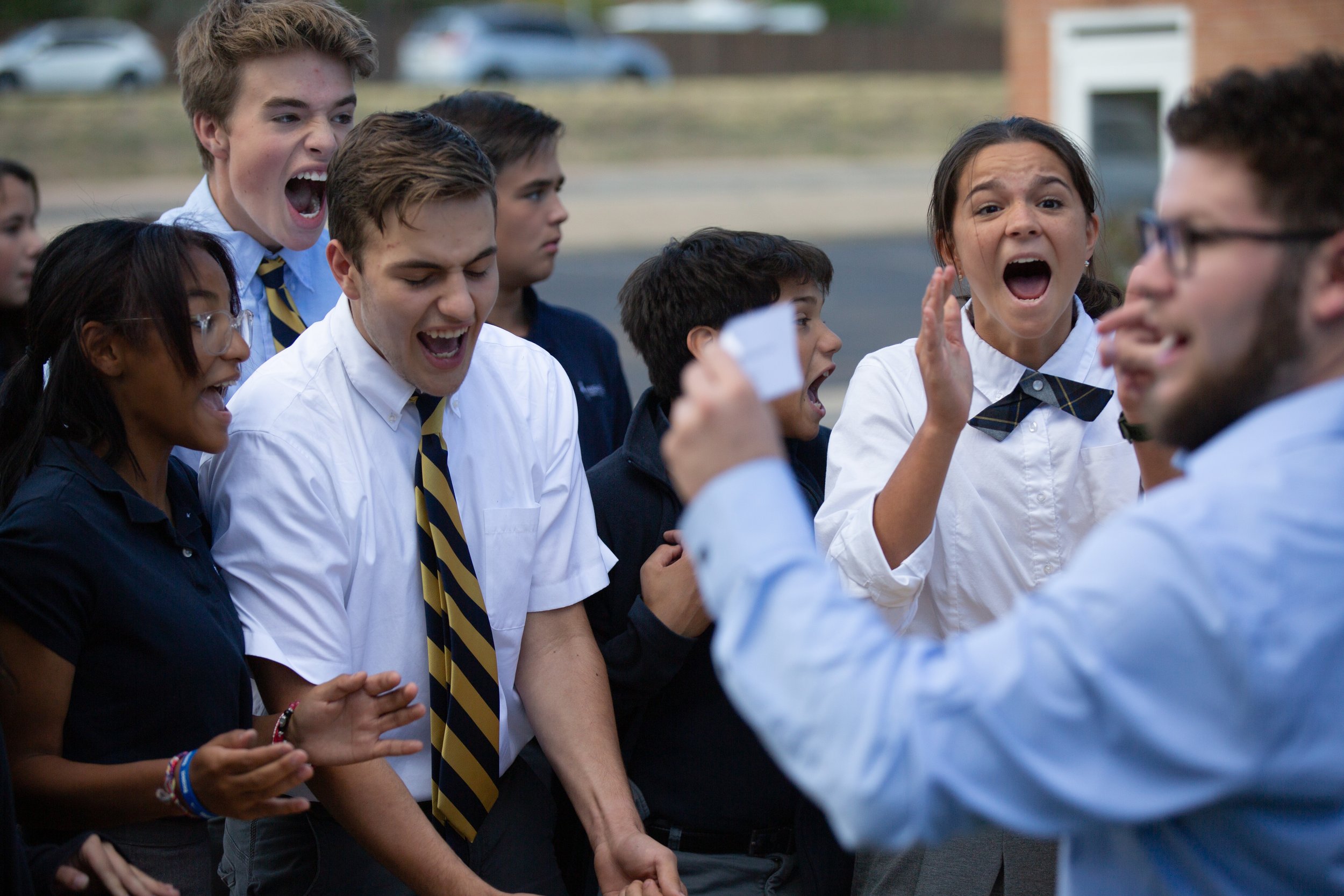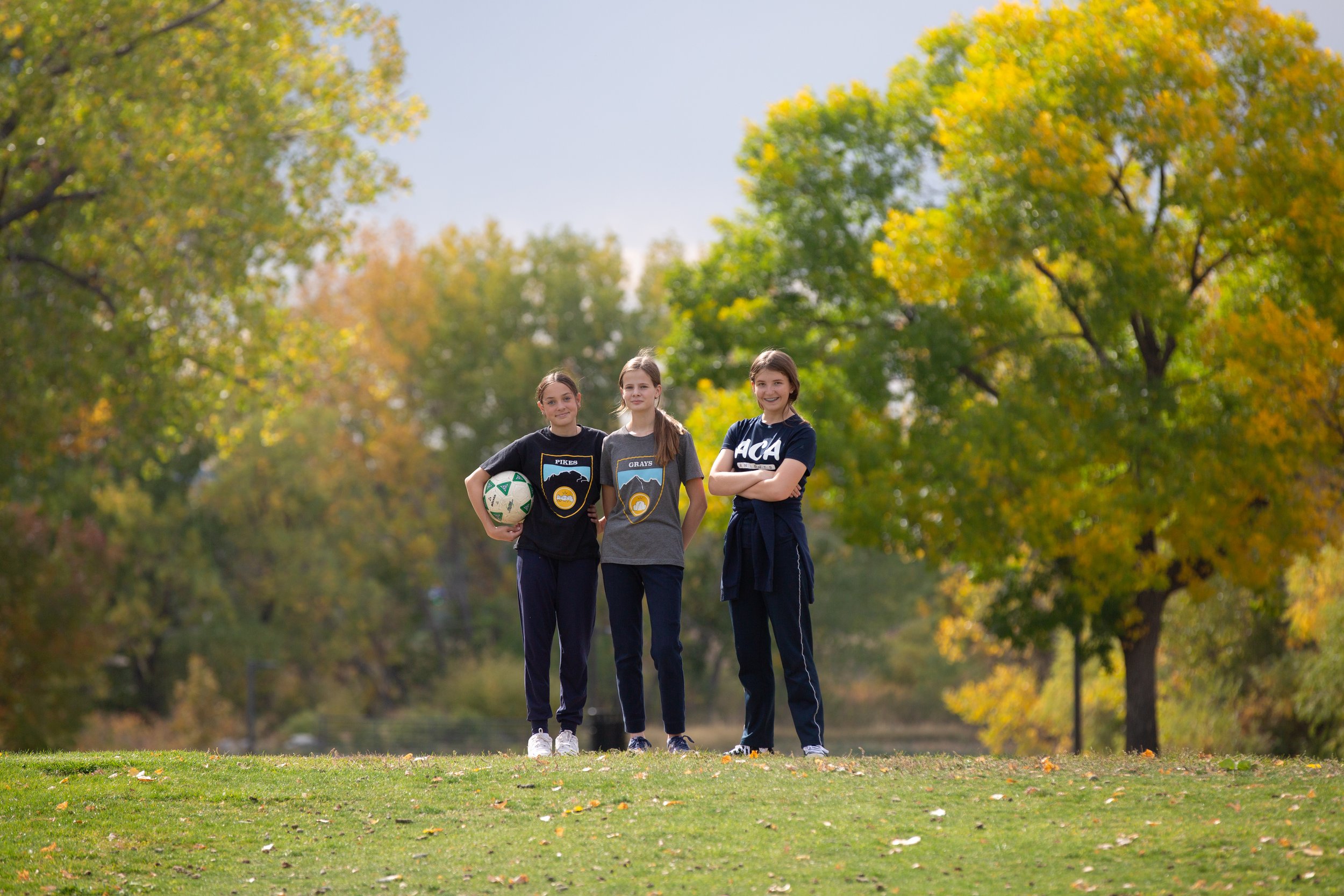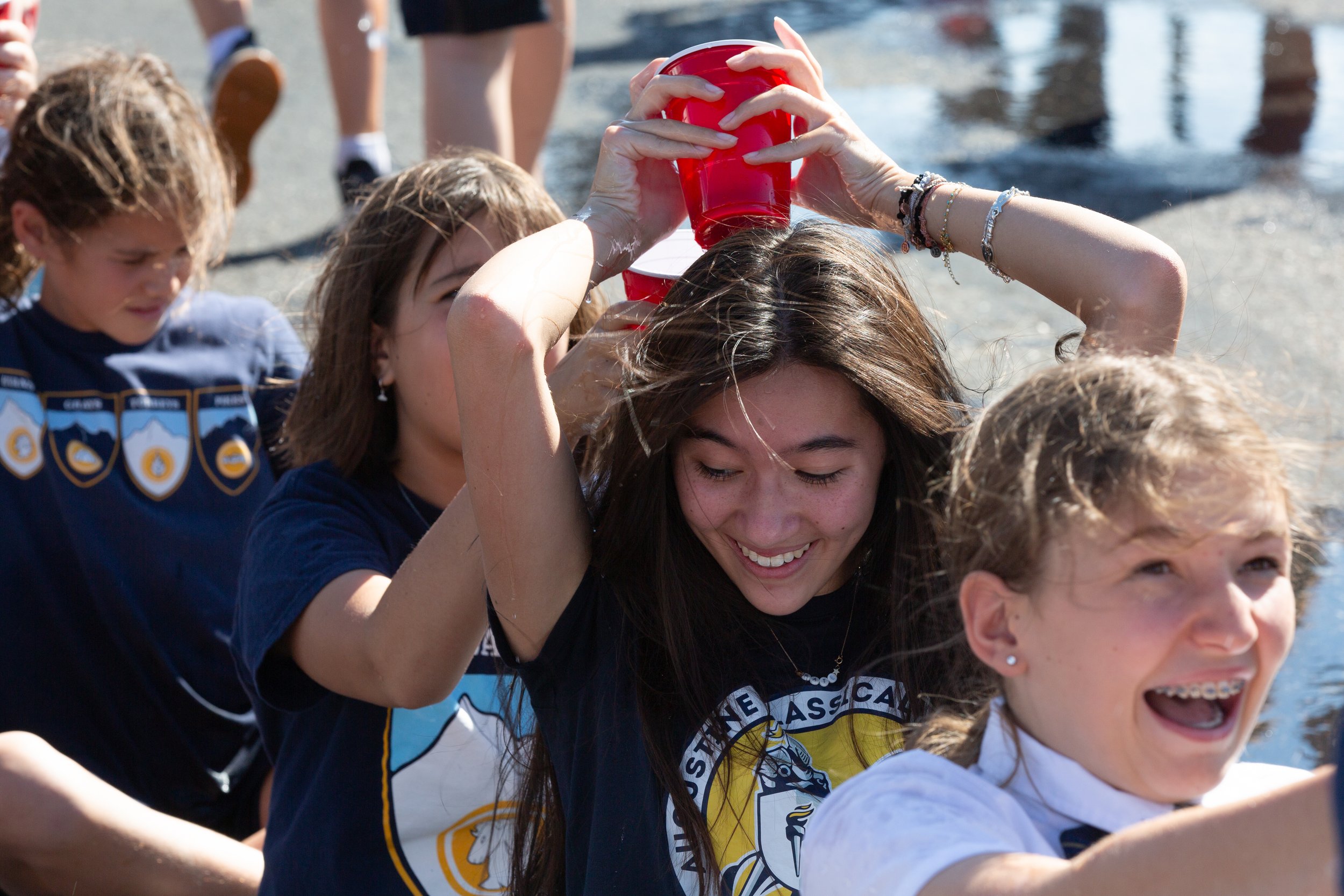The Rhetoric School
The ACA Rhetoric School exists to graduate students who can speak eloquently and persuasively, who know what is true, good, and beautiful, and who can use the tools they have acquired to serve, lead, and influence the world for Christ.
In the rhetoric stage (grades 9-12), students learn to apply the rules of logic to the knowledge they’ve built during their classical education, and to express their ideas in clear and persuasive language.
Learning in a classical setting gives context and structure to knowledge. Instead of a system of education whose organizing principle is standardized testing, classical education enables students to see the interconnectedness of all knowledge. No more “silo” subjects, taught in vacuums. Here, all there is to know relates—and points to the nature of God the Creator and Redeemer.
The rhetoric stage is the capstone of the trivium.
It is the telos of all prior years of study since preschool, the goal, the crown and glory of classical education. Until this stage is reached, the grammar and logic stages are incomplete preparation -- valuable in their own right, but weakened and compromised without unification. As a goal, rhetoric is a queen with her crown, the picture of unity, strength, and power.
But this is not just an impractical philosophical beauty. Upper school students still need to get into good colleges or trades for God's glory. So the rhetoric stage is knowledge "coming out the fingertips" in terms of real hard work in math and science, Latin and public speaking, history and theology, art and music, writing and rhetoric. The beauty of the rhetoric stage is a practical beauty.
Further, rhetoric fixes all knowledge to the standard of God's beauty, and it speaks like He speaks. It writes like He writes, creates like He creates, and loves like He loves. What does this look like at ACA? Our rhetoric school distinctives include:
Socratic Dialogue. In rhetoric, Socratic dialogue is an argument (or series of arguments) using the question-and-answer method employed by Socrates in Plato’s Dialogues. It can be described as a discussion process during which a facilitator promotes independent, reflective and critical thinking.
Humane Letters. Students learn how God reveals his nature and character through universal literary and historical themes within integrated literature, composition and Bible.
Math & Science. Students learn to express their understanding of difficult concepts through successful calculations and experiments.
Senior Thesis. Seniors develop a thesis paper for presentation before the academic community in the Spring. This thesis is designed to be a capstone of the students’ classical education, reflecting their ability to think logically, communicate effectively, and engage energetically with a topic for the purpose of persuading others to know, love, and practice what is true, good, and beautiful in various applications of life. Learn more here.
The Great Conversation. Students examine the Western tradition of art, history, literature, theology and philosophy chronologically, recognizing “The Great Conversation” of the ages and considering what it means to participate in it.

“ACA makes the learning process so enjoyable that I come to school each day with a sense of excitement for what’s ahead. I love to learn because of ACA!”
Dual Credit and Dual Enrollment
Augustine Classical Academy has partnered with Colorado Christian University (CCU) to offer dual credit and dual enrollment courses for all Rhetoric students. CCU is a four-year liberal arts university accredited by the Higher Learning Commission (HLC), which is one of the six regional accrediting agencies recognized by the U.S. Department of Education and the Council on Higher Education Accreditation (CHEA). Click below to learn more.












